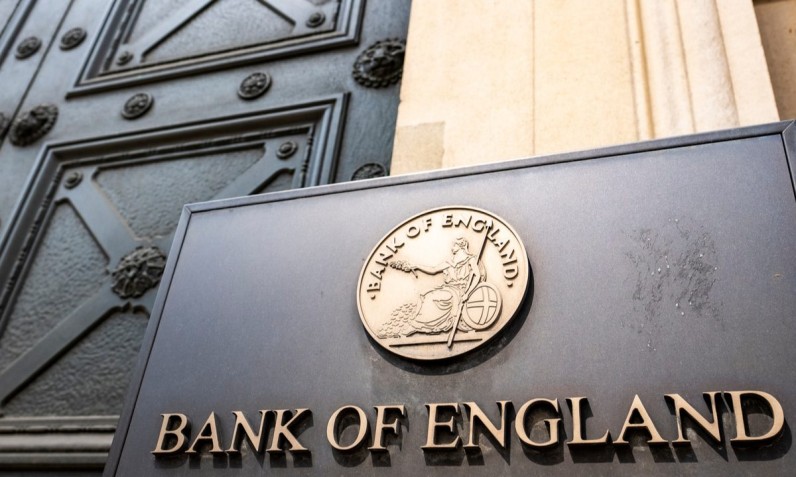
The Bank of England's (BOE) official bank rate remains at 4%, but a change is anticipated following the Monetary Policy Committee (MPC) meeting scheduled for 6 November 2026. In a strategic move ahead of this pivotal decision, several of the UK's major banks have already begun slashing mortgage rates, sparking what analysts are calling a 'mortgage war'.
Banks Jump the Gun with Rate Cuts
In late October, Barclays, HSBC, Halifax, and Santander announced reductions in their mortgage rates, offering a variety of options to current and prospective borrowers. NatWest followed suit with rate cuts effective from 4 November. These pre-emptive moves not only reflect banks' competitive instincts but also signal a possible shift in the mortgage market landscape.
This aggressive pricing could influence the MPC's decision, but whether it will sway policymakers remains uncertain. The question now is: will these rate cuts prompt the Bank of England to hold its nerve or respond differently in its upcoming decision?
The Context: Sticky Inflation and Economic Indicators
Inflation remains a critical factor in the MPC's deliberations. The latest figures show inflation at 3.8 per cent—unchanged over the past three months and the highest since January 2024—though still above the BOE's 2 per cent target.
Despite this, major banks are optimistic about a modest rate cut of 0.25%, bringing the base rate down to 3.75 per cent. The labour market offers mixed signals: the Office for National Statistics (ONS) reports a slight increase in unemployment from 4.7 per cent in July to 4.8 per cent in August, while HMRC data indicates a decline of 10,000 workers on company payrolls in September.
A Rare Vote: The MPC's Divided Decisions
The August MPC meeting marked a historic moment, with a rare double vote resulting in a narrow 5-4 majority in favour of a 0.25 percentage point cut. Some analysts believe a similar division could occur in November, with a lean towards easing monetary policy further.
Philip Shaw, chief economist at Investec London, remarked: 'It's not so much the decision to cut rates by 25 basis points that is the main talking point, but the extent to which the Committee is divided, which resulted in the first re-vote in the MPC's history.'
He added, "We are still forecasting a 25-basis point cut in November, but the decision will heavily depend on incoming data."
Political Signals: The Chancellor's Perspective
While the MPC's decision is imminent, the government's stance adds another layer of complexity. Rachel Reeves, the Chancellor of the Exchequer, has indicated her support for creating conditions conducive to rate reductions.
She stated: 'The choices I make in the Budget this month will be focused on getting inflation falling and creating the conditions for interest rate cuts to support economic growth and improve the cost of living.'
BoE deputy governor Sarah Breeden warned in September that 'holding policy too tight for too long comes with costs to output and employment.' This sentiment aligns with the view of Richard Barwell, head of macro research at BNP Paribas Asset Management, who argues for a rate cut.
Goldman Sachs analysts predict a likely narrow majority in favour of a rate reduction, with key voters including BOE Governor Andrew Bailey, Breeden, and three other MPC members.
What Borrowers Can Expect: New Rates and Terms
Amidst these developments, UK lenders are offering new fixed-rate mortgage products across various terms—2, 3, 5, and 10 years. The most competitive offer stands at 3.46%, available with a 40% deposit.
Whether you are a first-time buyer, relocating, or seeking to remortgage, the current climate is favourable for a broad range of borrowers. The rate cuts and flexible terms may provide significant savings and options in an uncertain economic environment.
Originally published on IBTimes UK







Join the Conversation